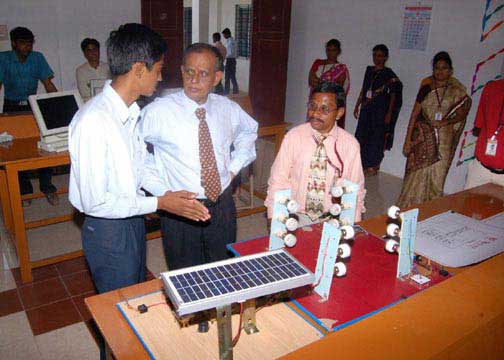- Written by madhu
- Hits: 2704
What Happend in Copenhagen?
For climate change deniers it was ‘the joke of the decade’, let’s see what it was for the rest of us. Climate change is the hardest problem the world community had ever to deal with, 192 countries participated on this save the earth summit bilaterally divided though, into developed and developing nations. It was very evident all the states liked to avoid the consequences of atmospheric warning but also liked someone else to pay the costs of addressing it.
On the course of the conference, attempts to make all 192 states to agree on a global agreement seemed too ambitious, the focus was on getting the biggest economies (who are the biggest source of the problem and the states with the resources to help the others) together and see that they can get some sort of agreement among them. The main polluters who are in very different economic circumstances, the developed world which created the problem wanted to get raising powers like
As the conference reached its final days with the aspirations of most of the participating nations getting shattered, a major blockade at the summit grew out of an unfortunate combination of weak leadership on the part of the Americans and Chinese power to impede progress. Barack Obama and Wen Jiabao could only agree to the lowest common denominator i.e.
P.S.
Greenpeace noted on its Twitter page: “2 years planning, 2 weeks negotiating = worse than half-assed deal in the last 2 hours.


